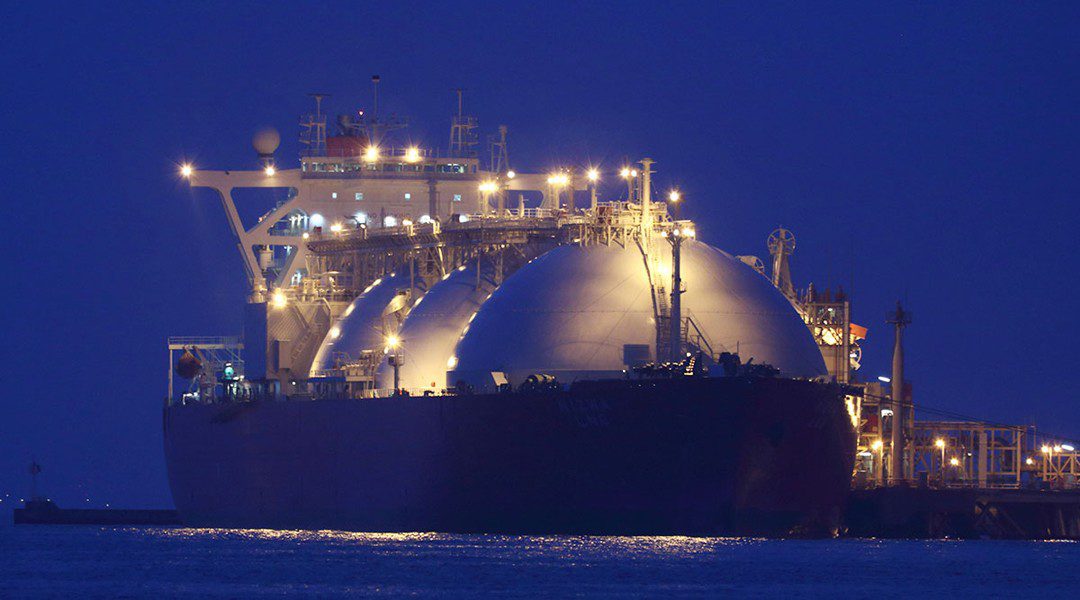As one of the world’s largest ship management companies, Anglo-Eastern has found that vaccinating even nine out of ten seafarers makes no real difference when it comes to crew changes in Asian ports. It has never been more difficult, says Chief Executive Officer Bjørn Højgaard to WPO.
 Photo: PR/Univan
Photo: PR/Univan
Much has been done over the past year to ensure seafarers’ access to Covid-19 vaccines and leave, so that they aren’t forced to remain on a ship for months on end.
But if Chief Executive Officer of Anglo-Eastern Bjørn Højgaard is to assess the ease with which to carry out crew changes in Asia, or rather east of the Suez Canal, the result is rather disheartening.
As CEO in the ship management major, he is able to point out that nine in ten seafarers employed by the company are vaccinated against Covid-19. On the other, he has found to his cost that it has never been more difficult to carry out crew changes than it is at this stage of the pandemic.
At the moment, Chinese ports are especially affected, but so are the major ports of Singapore and Hong Kong, where changing crews is an arduous undertaking, if not completely impossible.
In my view, the difficulties are greater today than they were a year ago.
Bjørn Højgaard, CEO, Anglo-Eastern
“Sadly, the situation on that side of the Suez Canal is that carrying out crew changes has become the exception rather than the rule. All Chinese ports are under restrictions, meaning that we’re unable to change crews for non-Chinese members, and frequently the same applies to Chinese crew members as well. And we can also feel the restrictions in Singapore and Hong Kong, and so on,” says Højgaard to WPO and adds:
“At no time since the beginning of March last year have we been able to sense any notable improvement. In my view, the difficulties are greater today than they were a year ago, and worse than at any time since the first couple of months of the Covid-19 pandemic last year.”
The medicine has worked …
Based on this, one might conclude that the medicine might have worked, but that the result is different from what should be the end goal, meaning the alleviation of the crew change crisis, which more than anything has affected seafarers around the world but also carriers and their customers and ultimately the P&I clubs that cover a large share of the losses.
At Anglo-Eastern, 87 percent of seafarers on board vessels or on land are now vaccinated. More than half of the company’s vessels are operated by crews that are 100 percent vaccinated, and for 90 percent of the remaining vessels, 16 or more seafarers are vaccinated in crews that typically consist of 21-23 individuals.
“All seafarers that embark on a vessel are fully vaccinated, and that has been the case for the past five months now,” states Højgaard and adds that none of the world’s key ports make any distinction as to whether seafarers on board vessels are vaccinated or not.
All seafarers that embark on a vessel are fully vaccinated.
Bjørn Højgaard, CEO, Anglo-Eastern
Højgaard explains that authorities in nations that disallow crew changes want the ships and the cargo but pass along “the responsibility for ensuring crew changes and reasonable living conditions for seafarers on board” to other countries and ports.
“By doing so, they increase the burden for the countries and ports that contribute to a solution for allowing the global shipping industry to continue to operate. That’s untenable, and sadly, it’s becoming more and more difficult for seafarers to keep up their enthusiasm about a career at sea. In the long term, it will furthermore affect the supply chain negatively,” he says.
Seafarers stay on vessels for shorter periods
In order to carry out crew changes, Anglo-Eastern has to sail to those ports that do allow for crew changes, but it is a difficult undertaking, and the situation forces seafarers to remain on board vessels for several months.
According to the latest assessment by initiative Neptune Declaration, however, there has been a decrease in the number of seafarers staying on board vessels beyond the expiry of their contracts, with the share going down to 4.7 percent from 7.1 percent last month.
At the same time, fewer seafarers stay longer than 11 months aboard a vessel, according to Neptune Declaration, with the proportion decreasing to 0.7 percent from 1 percent the month before.






